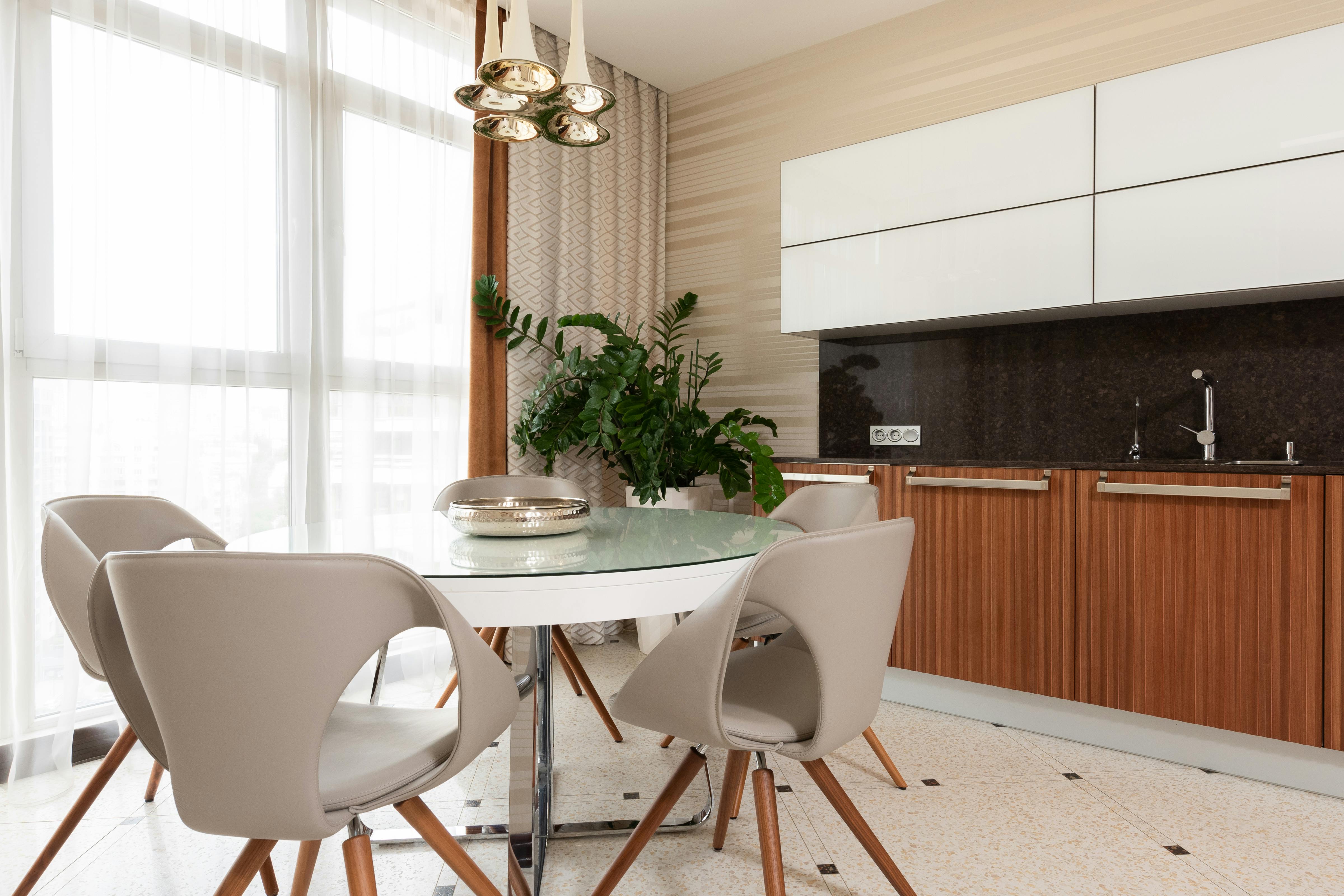Professionals like celebrity chef Pete Evans will testify to the fact that a kitchen is so much more than beautiful cabinets and an impressive backsplash. Whether you have a small space in the suburbs or a large kitchen in a high-rise, a well-designed kitchen creates minimal clutter and is highly efficient. If you are designing for a commercial kitchen, it is recommended that you consult the Australian Business Licensing and Information Service (ABLIS) to verify what compliance requirements you are expected to meet in terms of standards, permits and approvals.
Integrate the following thoughtful tips and ideas when planning your kitchen renovation for a space that is easy and enjoyable to work in, as well as highly functional. Remember, when it comes to designing your kitchen, form follows function.
Identify Your Kitchen Design Focal Point
Select a focal point in your design and balance that particular area with several other quieter and softer eye-pleasing accessories. Glossy cabinets, sleek kitchen flooring, large range hoods, and attractive countertop designs will give you plenty to look at.
Consider your countertops
When planning your renovations, keep in mind that those who tend to cook more frequently may need more counter space, especially between the sink and the range, than people who only cook occasionally or just prepare simple meals and undemanding. What Pete Evans would need for a television commercial kitchen would be more complex compared to a kitchen that only caters to five members of a family. Consider incorporating two different counter heights to make baking less strenuous and accessible to children who might be helping prepare meals.
Eliminate wasted steps
Think about how to reduce unnecessary physical movements in the kitchen. For example, store your breakfast bowls and food near the family breakfast table. Locate the main dishes and cutlery near the dishwasher to facilitate the unloading process. Keep plastic wrap and containers in a convenient place near your work surface to quickly and easily wrap leftover food.
Design walkways that are wide and convenient
Ideally, paths throughout your kitchen should be a minimum of 36 inches wide. Within the cook zone, pathways must be at least 48 inches wide for a 2-cook configuration and 42 inches for a 1-cook kitchen configuration. As you plan, adjust your kitchen peninsulas and islands accordingly. The Master Builders Association of the ACT has developed a particularly useful design resource, ‘Housing for Life, 2001’ from which you can gather some helpful design tips and ideas.
Drive traffic from your kitchen
For a kid-friendly kitchen design, keep the stove away from normal traffic areas so your kids don’t accidentally or (even intentionally!) get caught in the handles when they run and cause dangerous spills. Also, make your refrigerator easily accessible to everyone who may be using the kitchen and other household members.
Use colors appropriately
If you’re designing a small kitchen, keep in mind that color schemes that are dark will tend to make the small space appear even smaller. Use natural light and soft tones in your kitchen cabinets to give a visual impression of extra space.
